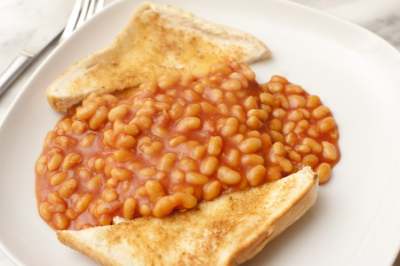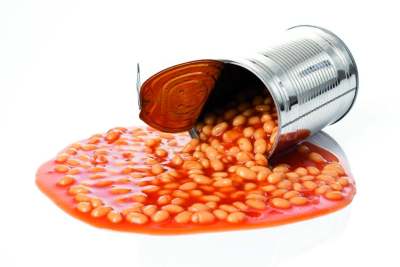When it comes to baked beans, the well-known phrase “beans, beans good for your heart” may spring to mind – but that might not always be the case, given the high levels of sugar and salt we found in some brands of baked beans, and the dangers of the lining used inside many cans.
And although baked beans as a product don't vary greatly, the ethics of the companies behind the brands certainly do. In our score table some of the biggest brands just scrape above zero points, while many of the smaller independent brands score nearly maximum points.
When choosing what to buy for this everyday food cupboard staple then, issues like sugar, salt, packaging, along with corporate behaviour and ethics, are all important.
We cover all these topics in our review of 13 brands of baked beans.





